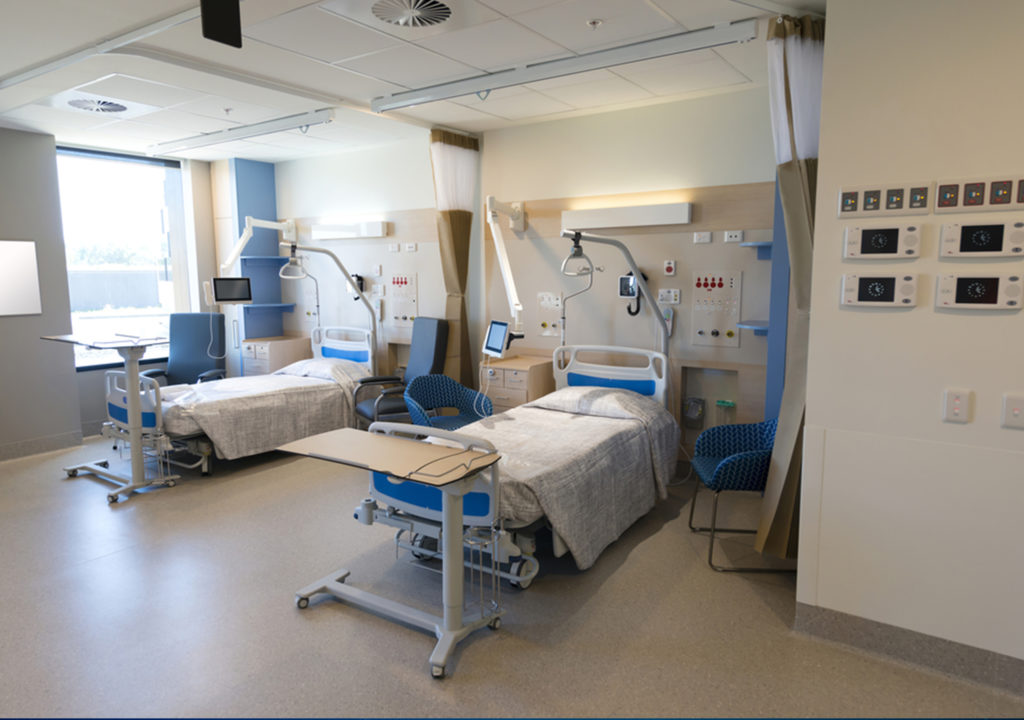
Imagine you’re riding a bicycle that slips a chain. It’s a basic fix, but you have to stop pedaling to do it. When your sterile processing chain slips, you don’t get to stop, and it’s very difficult to fix the bike yourself while you’re still pedaling. Hospital administrators and managers focused on continuous improvement are increasing attention on their sterile processing departments to improve quality, efficiency, surgeon satisfaction, and patient care. An outside sterile processing consultant who has the expertise to conduct a useful assessment and create and implement strategic plans can quickly jump start a quality improvement program without disrupting the department’s regular activities. This is a significant advantage over an in-house approach to improvement. As a result, many leading hospitals are engaging expert consultants for help.

In the original Star Wars movie, we cheered as the Rebel Alliance strike teams zipped through the trenches of the Death Star to hit a tiny target and win a great victory. (Yes, today is Star Wars Day – May the Fourth be with you!) Laparoscopic surgeons use similar tactics as they navigate narrow openings in tightly focused procedures to help patients achieve big improvements. As demand for such services continues to increase and your hospital grows its laparoscopic services, you’ll need a minimally invasive surgical support (MISS) program you can rely on. Our latest guide, The True Value of a Minimally Invasive Partner in Your OR, will help you navigate the process of providing a strong, integrated partner for your surgeons and OR teams.

It’s been said that “Everyone has a special talent, some are just flashier than others.” And so it is in healthcare. Behind every high-visibility physician and hands-on surgical team, there is a large group of people in back offices providing invaluable support. Everyone plays an important role—from human resources and training to accounting and scheduling. But today, as part of National Medical Staff Services Awareness Week, we proudly recognize our credentialing team at SpecialtyCare, and indeed in healthcare settings everywhere, for their contributions to quality patient care and safety.

Building a highly talented clinical workforce is imperative for providing the best possible patient outcomes. We know, however, that the most passionate and effective healthcare professionals offer much more than clinical competence and they look for value in their work that extends beyond excellence in clinical care. They look for the intangibles and meaningful connections that prompted them to choose healthcare as a profession in the first place. Our goal is to sustain a culture where our people can thrive and find satisfaction, both personally and professionally.

Excellence in sterile processing management is fundamental to a well-run operating room. It supports on-time starts, surgeon satisfaction, and overall efficiency—all of which translate to financial results. But, most importantly, effective sterile processing management reduces the occurrence of healthcare-acquired infections (HAIs), which can significantly harm the patients entrusted to your care.

There’s good reason why I don’t roof my own house or fly my own plane. I rely on others for their specialized skills, experience, and economies of scale—knowledgeable people focused on specific activities that ensure quality and safety, keep costs in check, and know the codes and regulations that must be followed. Today, more than ever, we rely on specialization to get things done. Healthcare is no different. In fact, healthcare may be one of our best examples of an industry that can benefit significantly from specialized teams.



